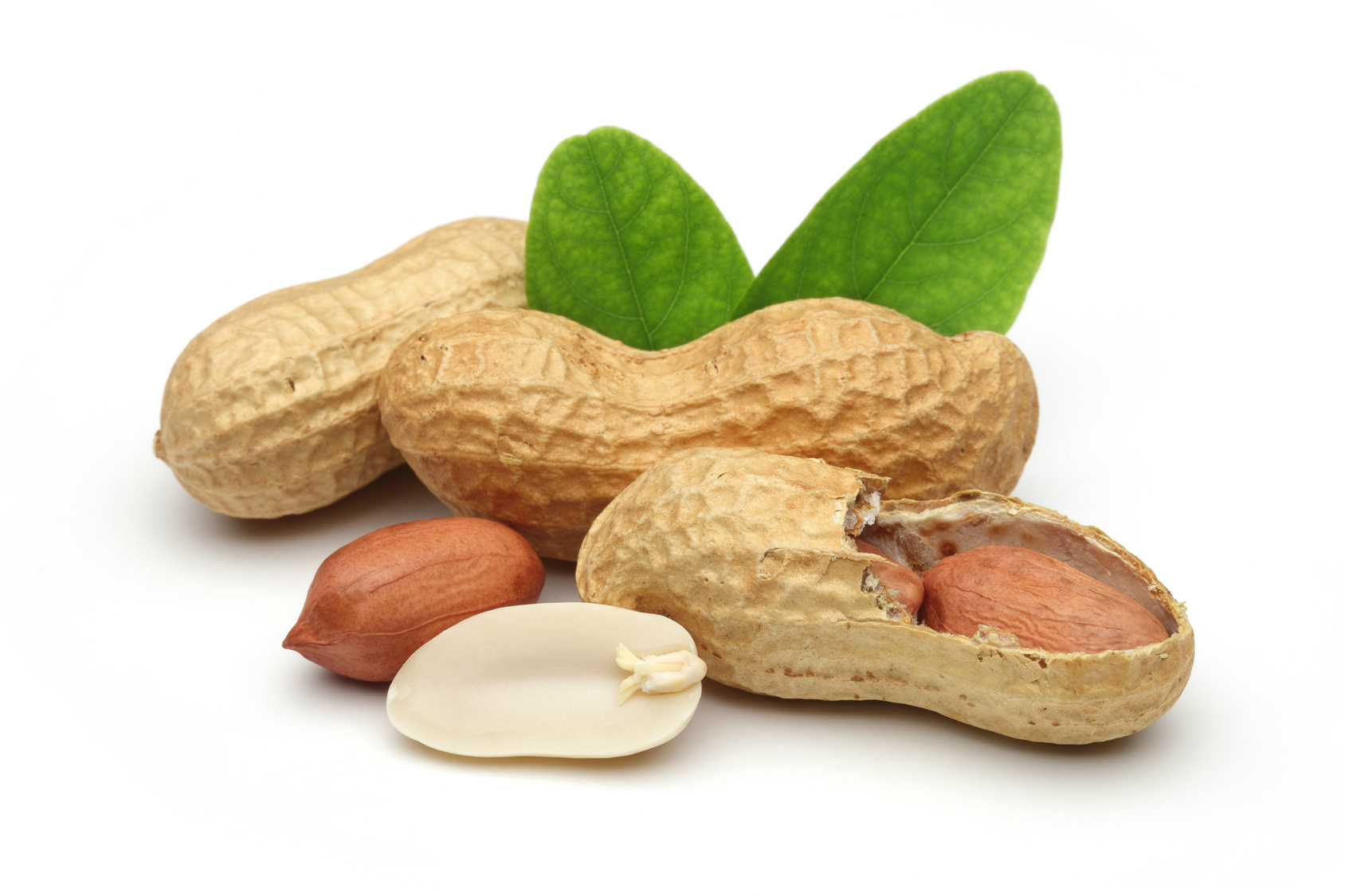
 One good thing about going on a weight loss journey is that there’s a plethora of information. But information can also be one of the frustrations in the weight loss journey. Low carb? No carb? Vegan? Atkins? Which one to choose? People often say “diets don’t work” but I completely disagree, all diets work -if you stick to them.
One good thing about going on a weight loss journey is that there’s a plethora of information. But information can also be one of the frustrations in the weight loss journey. Low carb? No carb? Vegan? Atkins? Which one to choose? People often say “diets don’t work” but I completely disagree, all diets work -if you stick to them.
Researchers are constantly on the hunt for the magic pill or the magic diet or the magic food that beats out all the rest. Carbs are bad -no carbs are good, fats are bad -no wait there are good fats, Dairy is bad -no it’s good, etc. We find groups around the world thriving off of blubber and keeping a lean figure, others thriving off of rice and remaining slim, some thriving on soy diets and never having weight issues. The evidence, on its face, looks contradicting. But if you instead look at what it could be that all these groups are doing similarly, what the underlying theme of their diet is we may get some clue as to the best universal diet.
Michael Pollan famously said “Eat food, mostly plants, not too much” (Food Rules). I don’t really disagree, in fact I think it’s a perfect and simple remedy but I find it can be dwindled down to one simple line: Eat food.
Eat less, probably true, especially for purposes beyond diet as the prophet, peace to him, said: “Fasting is half of patience, and patience is half of faith,” (Abu Nu’aym). Mostly plants, maybe, but considering many people around the world focus on varying foods -as mentioned some of which are primarily things like rice or blubber, and are the picture of health I think what the evidence shows more than anything is that we ought to eat food. No matter the research if you put aside the varying foods and look for the underlying similarity all of these groups we admire for their health, they all eat real food -unprocessed, and local.
Eating low carb, slow carb, high fat, vegan, etc. can all allow successful weight loss for whatever period of time we can manage to stay on them. Even eating whatever you want but restricting calories allows for weightloss. But what I feel now is a sense that weight loss is a positive outcome but should not the ultimate goal of eating on a particular diet. No one wants to lose weight forever and the reason many of us gain the weight back is that we go back to our old ways once we’ve lost the weight. The appeal of a diet, a change in our food habits, should be more than weight loss. Our food should fuel us it should also -I believe, be a source of pleasure. But if I could get my diet to be 80% about health and 20% about pleasure it wouldn’t only allow me to lose weight in the short term but change my entire life for the better.
on them. Even eating whatever you want but restricting calories allows for weightloss. But what I feel now is a sense that weight loss is a positive outcome but should not the ultimate goal of eating on a particular diet. No one wants to lose weight forever and the reason many of us gain the weight back is that we go back to our old ways once we’ve lost the weight. The appeal of a diet, a change in our food habits, should be more than weight loss. Our food should fuel us it should also -I believe, be a source of pleasure. But if I could get my diet to be 80% about health and 20% about pleasure it wouldn’t only allow me to lose weight in the short term but change my entire life for the better.
In a sense it isn’t really normal to consistently gain and lose weight, that doesn’t seem like it should be a normal human problem. Sometimes I look at images of extremely obese people in awe, just thinking “The body should not be able to do that.” Our food, in the West, has become our enemy. Or relationship with food has become too complex. That doesn’t mean I’m interested in permanently giving up Oreos and Pepsi, but it does mean making an intention to demand of myself that most the food I put in my body is actually food. That it will do more benefit that harm. It seems that is the ultimate role of food, to benefit. So I’ve just finished eating a handful of peanuts, half an avocado and tuna ,I realize they all have an extremely high fat content and may have as much calories as a bag of potato chips and a Twinkie, but I know they are vastly different entities, one is food the other is “processed food- like stuff”.
P.s. Yes I am still counting calories.





Recent Comments